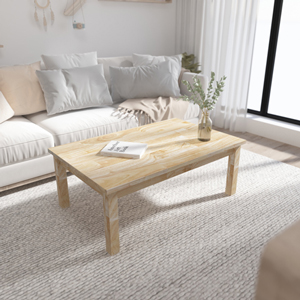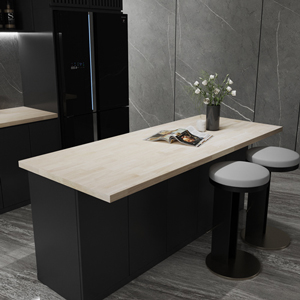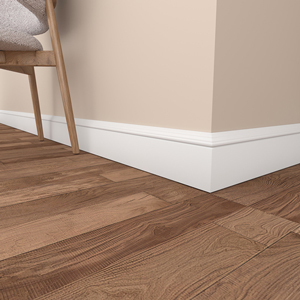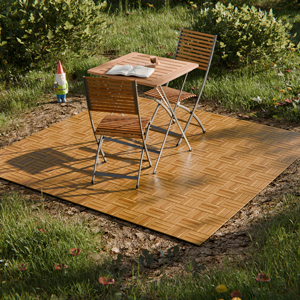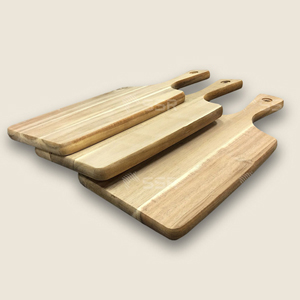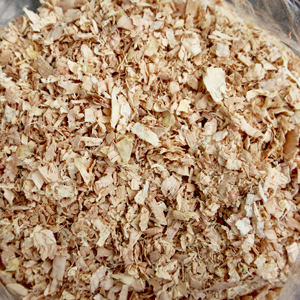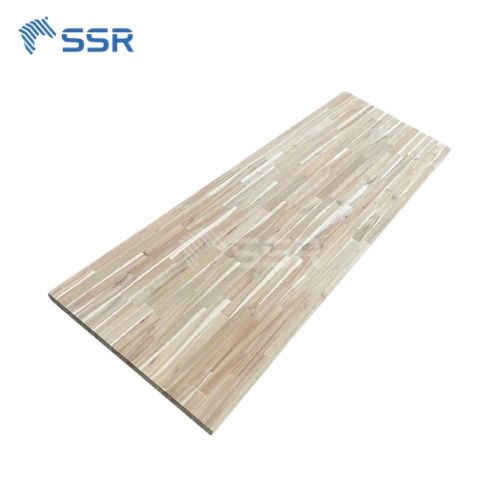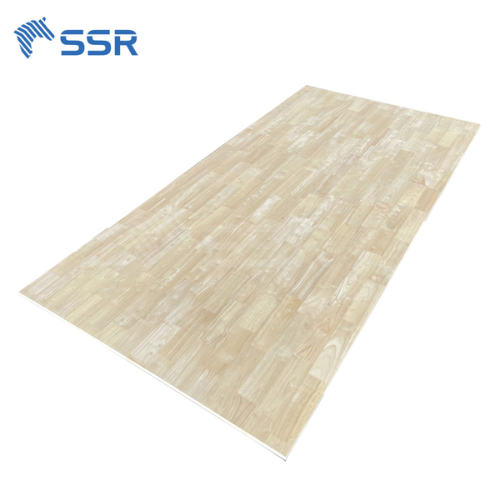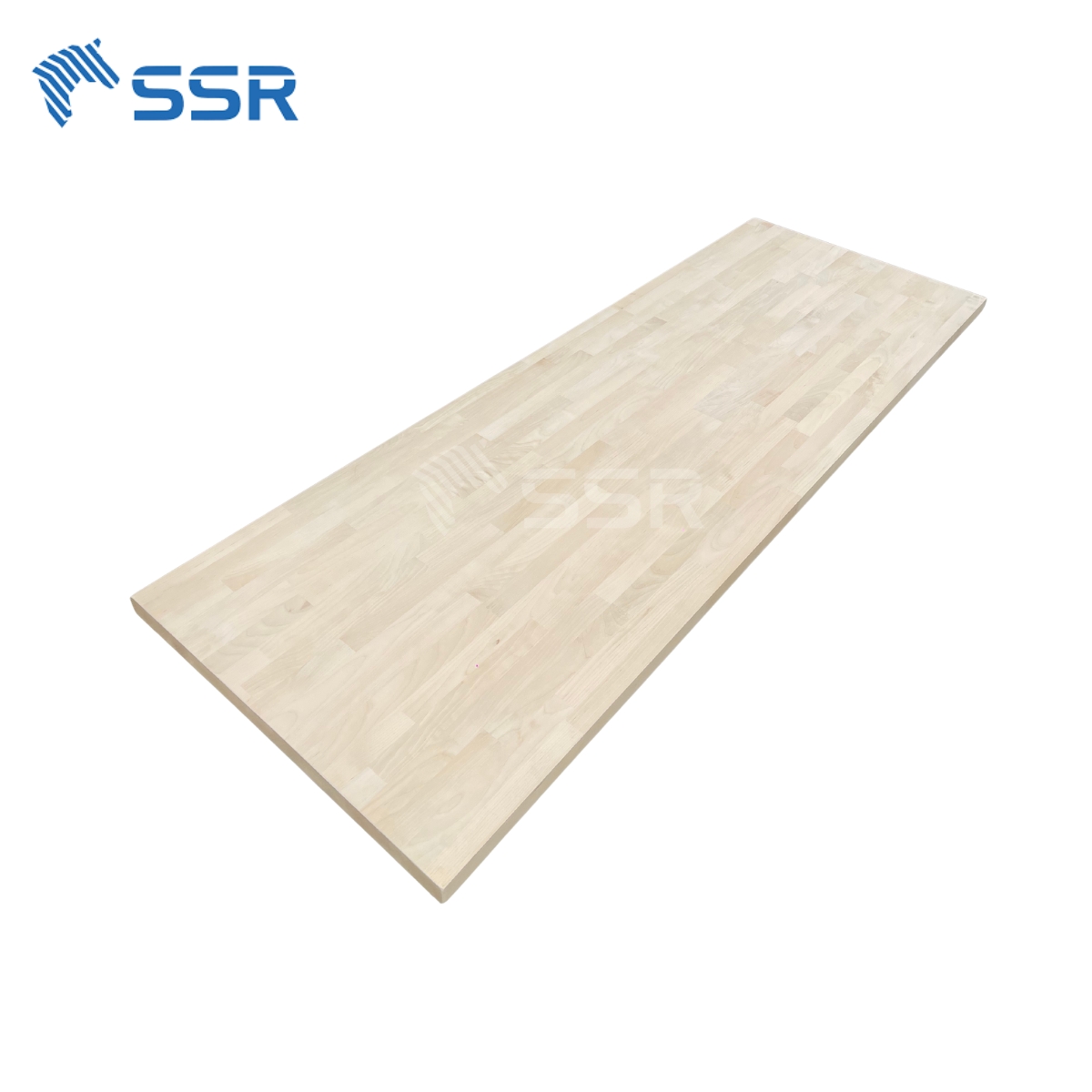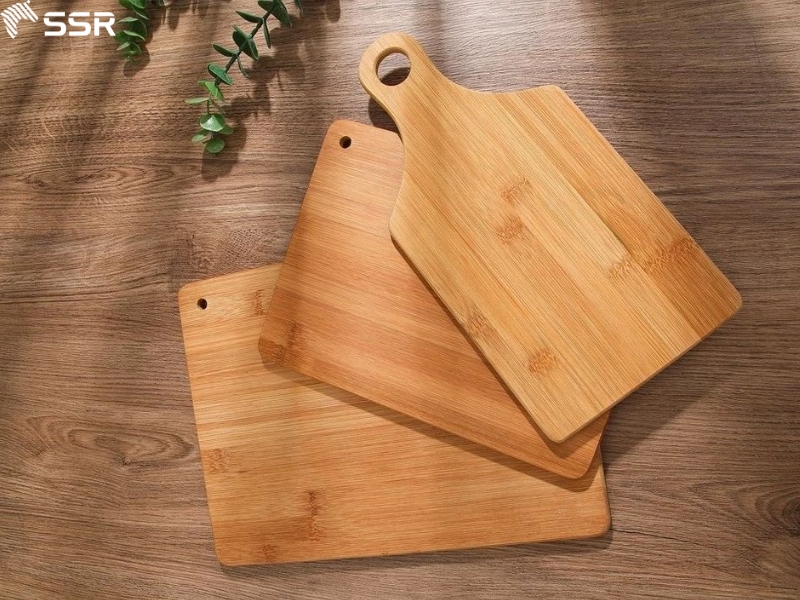NEWS
In recent years, melia butcher block countertops have been popular in the quest to combine natural beauty and functionality in every home’s kitchen.
Learn about melia wood
This is a hardwood from Southeast Asia and Australia that has a density of about 0.51 g/cm3 and exceptional mechanical strength. Its properties include a modulus of elasticity (MOE) of about 9.26 GPa and a static bending strength typically in the range of 80 to 120 MPa. These properties make Melia an ideal choice for everyday kitchen surfaces.
Customizable sizes and thicknesses
Melia butcher block countertops come in a variety of sizes and thicknesses to suit a variety of kitchen layouts and design preferences. The most common thickness is 1.5 to 3 inches, providing a solid, durable feel. The length and width of the cabinets can be adjusted to suit each cooking space. Standard sizes range from 25 inches by 48 inches to 30 inches by 72 inches. This flexibility ensures that the butcher block countertops fits perfectly, no matter the size.
Warm, full-of-life tones
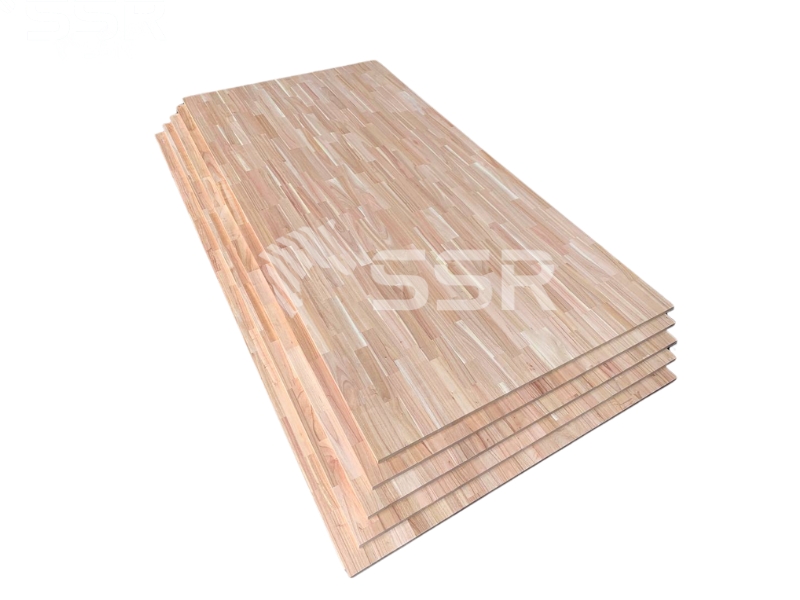
Melia butcher block countertop
Light to medium browns with a hint of red create a warm and inviting look. Straight grain, with interwoven wood grain patterns, can help highlight the character of the material. The smooth, even wood composition creates a smooth surface and enhances the natural beauty. Polished butcher block countertops work well with modern and traditional kitchen designs, while adding elegance to any space.
Stable joining technique
Wood is typically glued together with the grain parallel to the surface. This method maximizes the structural strength of the wood, making the butcher block countertops more stable and durable. Edge-jointing highlights the natural wood grain, creating a beautiful surface. Proper installation techniques are essential to ensure the durability of your worktop and, if done correctly, it will last for many years.
Maintaining a like-new look
Mainly made surfaces are relatively easy to maintain but require regular care to keep them in top condition. The wood should be oiled periodically to maintain its natural oil content and prevent drying and cracking. Mineral oil or tung oil is often used to maintain the wood’s shine and protect the surface from moisture and dirt. Furthermore, regular sanding and oiling will restore the original shine of the worktop and ensure it remains a focal point of the kitchen for many years to come.
Environmentally sustainable
Most homeowners value sustainability and, thanks to its fast growth rate, melia is a more sustainable choice than slower-growing hardwoods. Responsible harvesting from well-managed plantations ensures that the use of melia does not contribute to deforestation or other environmental problems. Choosing a melia butcher block countertops beautifies your home and supports sustainable practices.
Featured Products
Acacia Wood Butcher Block Countertops Supplier
Specifications:
- Species: Acacia
- Moisture: < 12%
- Wood Stave (Length): 150-400 mm
- Wood Stave (Width): 30-80 mm
- Length & Width tolerance: 0/+3 mm
- Thickness tolerance: +/- 0.2 mm
- Glue: D4
- Quality: AB, BC or customized
- Surface finish: Sanding 180-240 grit, 2 faces
Rubberwood Finger Joint Board Supplier
- Species: Rubberwood
- Moisture: <12 %
- Wood Stave (Length): 150-600 mm
- Wood Stave (Width): 35-80 mm
- Length & Width tolerance: 0/+3 mm
- Thickness tolerance: +/- 0.2 mm
- Glue: D4
- Quality: AA, AC or customized
- Surface Finish: sanding 240-320 grit, 2 faces
Birch Butcher Block Countertop Supplier
Specifications:
- Species: Birch
- Moisture: < 12%
- Wood Stave (Length): 150-400 mm
- Wood Stave (Width): 20-80 mm
- Length & Width tolerance: 0/+3 mm
- Thickness tolerance: +/- 0.2 mm
- Glue: D4
- Quality: AB, AC or customized
- Surface finish: Sanding 180-240 grit, 2 faces.
Featured News
Related News
SSR at Hawa Expo 2026: Scaling excellence to global markets
Consistency in the global wood industry is the result of large-scale capacity and meticulous coordination. SSR is proud to announce our official participation in HAWA EXPO 2026, driven by a serious commitment to showcase the strength of our integrated ecosystem. This event is a milestone for us to prove that enterprises can fully master the […]
Bamboo Cutting Board Tips for Distributors – SSR VINA
Bamboo has become a popular alternative to traditional hardwoods when it comes to kitchen cutting boards. But is it really a good choice for your kitchen? In this guide, we’ll cover everything from the benefits and downsides to care instructions, environmental impact, and FAQs. What is a Bamboo Cutting Board? A bamboo cutting board is […]
